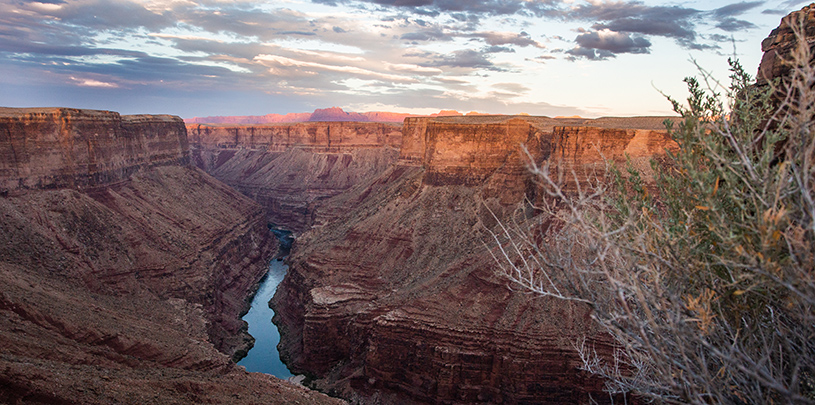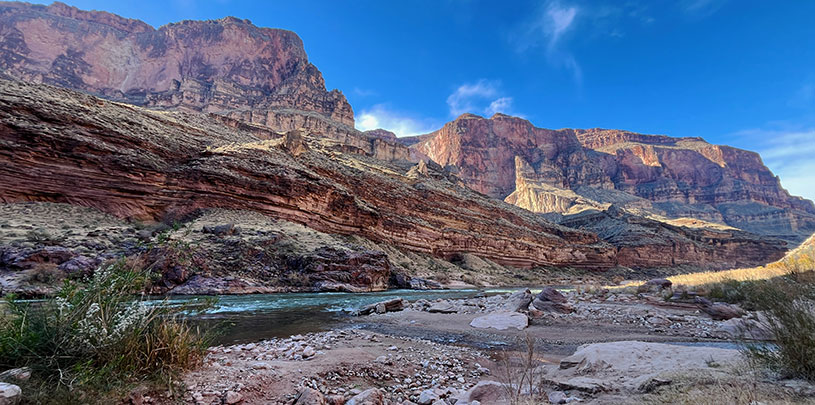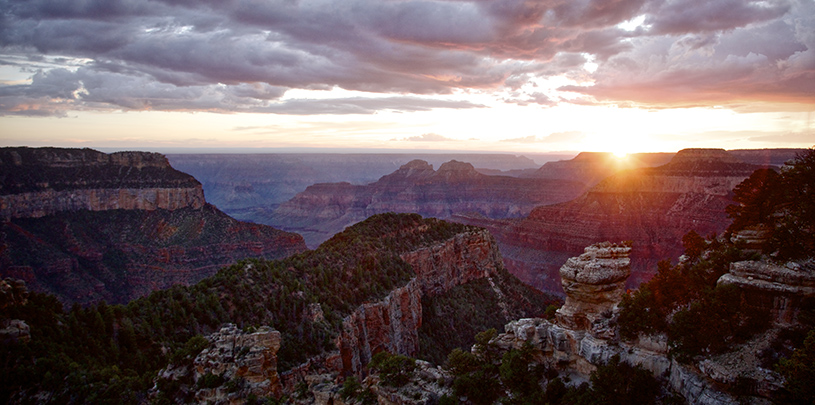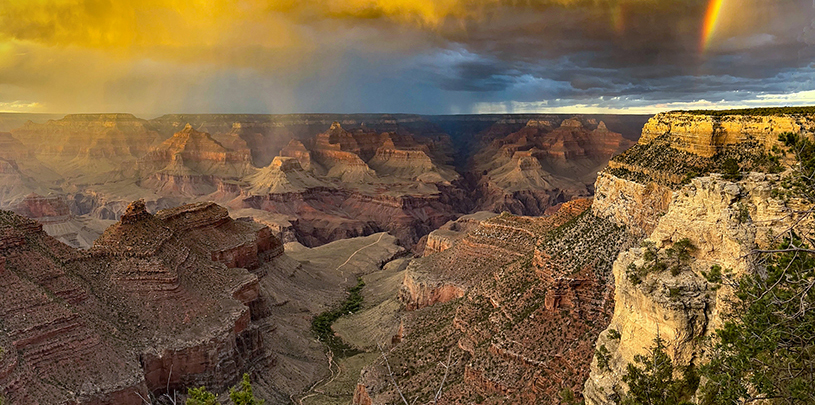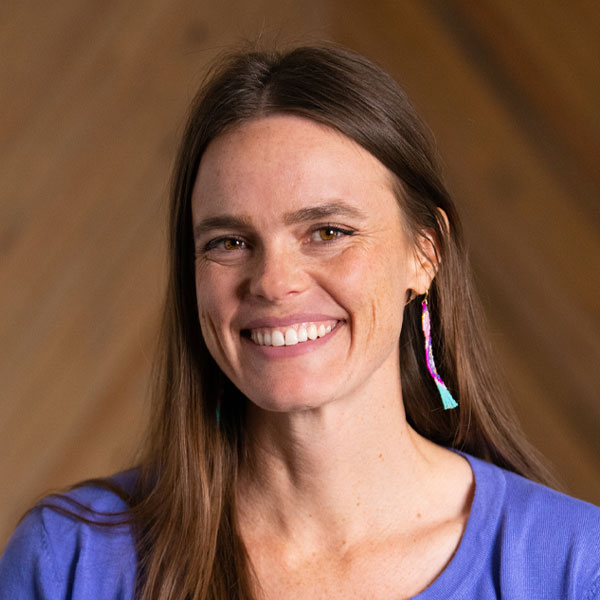
Update: President Biden designated Baaj Nwaavjo I’tah Kukveni Grand Canyon National Monument on August 8, 2023. Learn more ›
Support for a new national monument on federal public lands outside Grand Canyon National Park is growing. Arizona Governor Katie Hobbs is among the latest leaders calling for the designation of the tribally proposed Baaj Nwaavjo I’tah Kukveni (“where Indigenous peoples roam, our ancestral footprints”) Grand Canyon National Monument.
She’s joined by more than 30 state lawmakers, and over 100 faith leaders, along with city and county governments, and hunting and angling groups all solidly in support of the tribes’ monument proposal.
Governor stands behind tribes

Governor Hobbs sent a letter to President Biden, Interior Secretary Deb Haaland, and Agriculture Secretary Thomas Vilsack, urging them to designate the monument, which would safeguard about 1 million acres of tribal homelands outside Grand Canyon National Park.
“Arizona is known as ‘The Grand Canyon State,'” Governor Hobbs wrote, “and I can think of no better use of the Antiquities Act than to protect our state’s namesake treasure.”
In the letter, Hobbs also recognized the Grand Canyon region as “a culturally sacred place stewarded by Indigenous Peoples for centuries” and “a significant contributor to our state’s economy…where millions hike, hunt, fish, pray, meditate, camp, and enjoy the natural world.”
Designating federal public lands outside Grand Canyon National Park a national monument would protect important Native American cultural sites.
“When we visit these places, we hear the voices of the past and are reminded of the things that happened there; both the good and the bad, all of which helped shape who we are as a people,” Tanya Lewis, chairwoman of the Yavapai-Apache Nation, wrote in a letter to President Biden urging designation of the monument.
The monument designation would ensure that Arizonans can continue to camp, hunt, hike, fish, and gather medicines and firewood near the Grand Canyon while preventing radioactive contamination of lands and waters in the Colorado River watershed by halting new uranium mining. Despite hundreds of mining claims staked in the area, the region holds just a tiny fraction of estimated uranium reserves nationwide and is simply too precious to mine.
Strong support from Arizona lawmakers
The same day as Governor Hobbs’ letter, 37 Arizona lawmakers representing legislative districts across the state sent their own letter to President Biden in support of the tribally proposed monument. According to state legislators, the monument would “honor the Tribes’ deep cultural ties to the region and better protect the natural, recreational, and scientific resources of the area.”
The city of Phoenix, Phoenix Mayor Kate Gallego, and Phoenix City Council members sent a letter to Interior Secretary Deb Haaland calling for monument designation, and Coconino County and the Flagstaff City Council have both passed resolutions supporting the monument. Flagstaff and many towns in Coconino County are gateway communities for visitors to the Grand Canyon region and depend heavily on tourism and recreation spending.
Faith leaders support tribal monument proposal

Organized by the Arizona Faith Network, more than 100 faith leaders of diverse religions and denominations representing congregations and religious communities across Arizona and beyond have signed a letter supporting the designation of Baaj Nwaavjo I’tah Kukveni Grand Canyon National Monument, with more adding their names each week.
In their letter, faith leaders evoke the “Green rule” which requires not only caring for the environment but also working to protect sacred land, concluding that, because uranium mining threatens the Grand Canyon region, “we must permanently protect this wonder of creation.”
These leaders join a growing chorus of supporters, including leaders in the business, hunting, and conservation communities raising their voices in support of the intertribal monument proposal.
Where is Baaj Nwaavjo I’tah Kukveni Grand Canyon National Monument?
Zoom in to take a closer look at the lands and waters the proposed monument would protect.
View in full screen (suggested for mobile)

